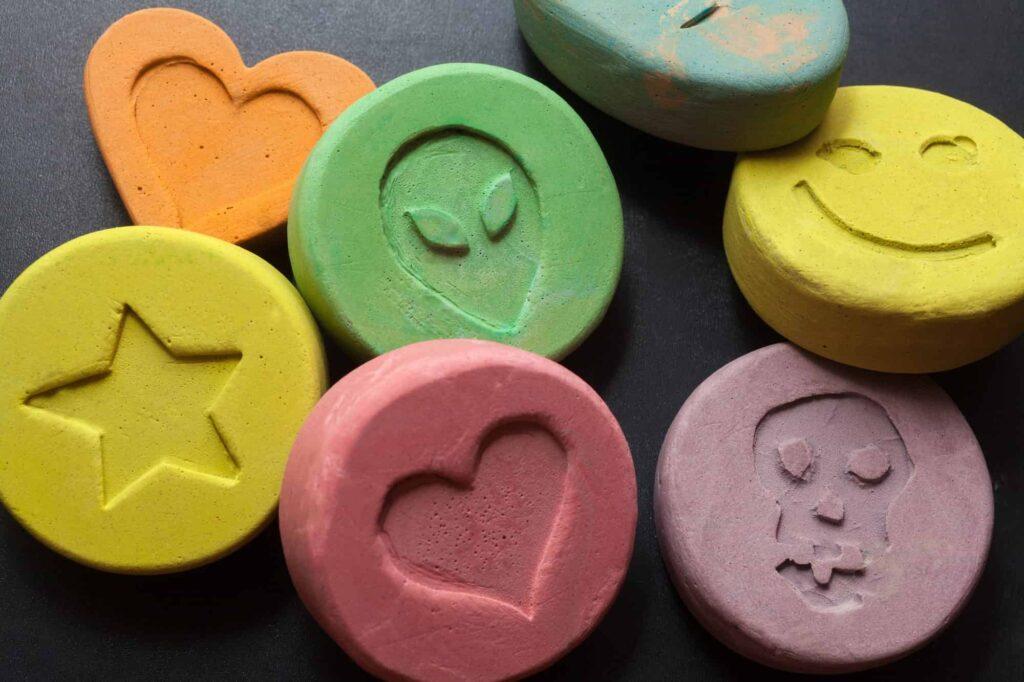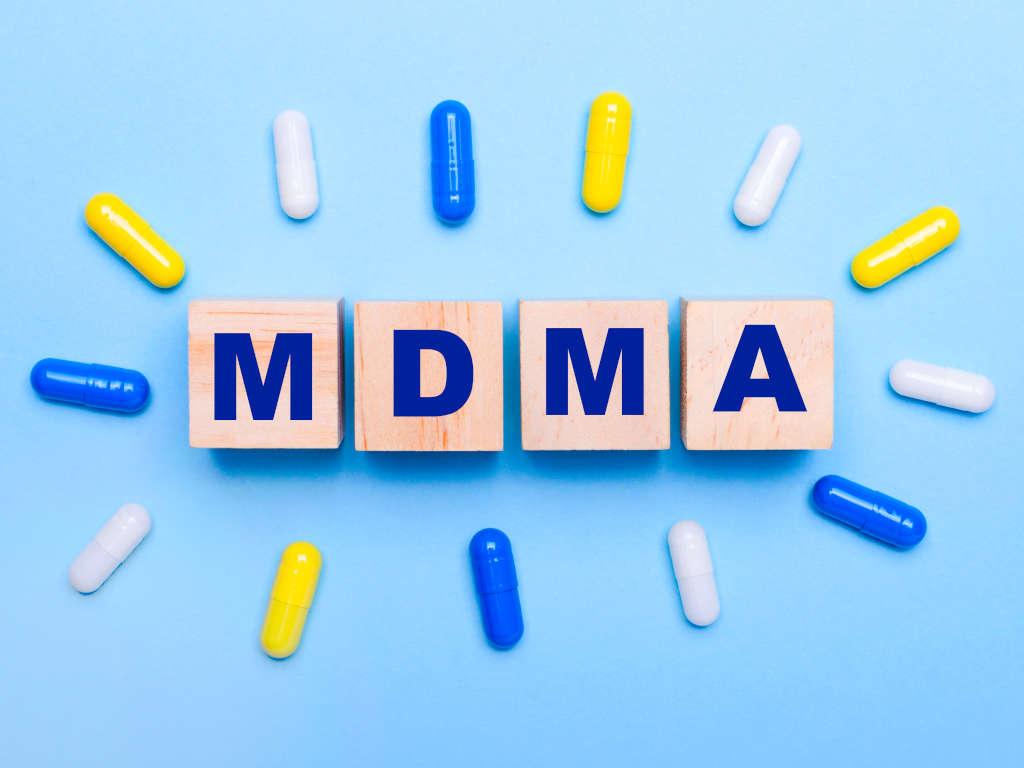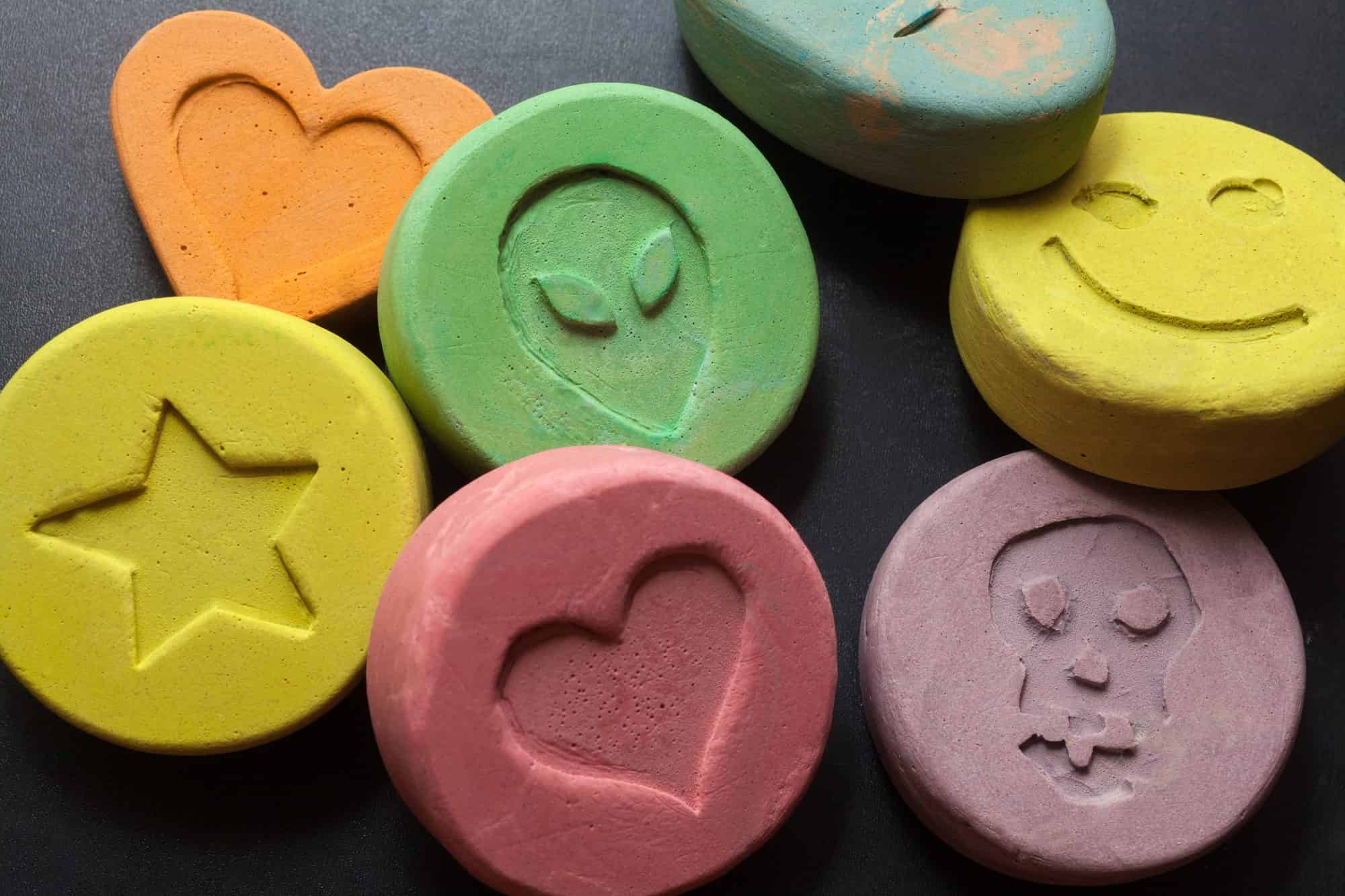MDMA (Ecstasy/Molly) Drug Facts

MDMA, a drug that can make you feel high and is sometimes called “ecstasy,” is about to become a powerful way to treat PTSD. MDMA-assisted psychotherapy was called a breakthrough therapy by the U.S. Food and Drug Administration (FDA) in 2017.
Even though MDMA is not officially legal or approved for clinical use, phase III trials are going on, and the United States and Israel will have expanded access to it in 2020. Early clinical studies have shown very positive results, and the FDA could approve MDMA-assisted psychotherapy for PTSD as soon as 2023.
How ecstasy and psilocybin are shaking up psychiatry
1. The beginning. In 1912, the German pharmaceutical company Merck created and patented MDMA. However, it wasn’t until the 1970s and 1980s that psychiatrists started using it in therapy to help people talk to each other and think more deeply. The U.S. Drug Enforcement Administration banned this compound in 1985 because MDMA was also used for fun in ways that could lead to abuse or harm.
MDMA’s pharmacologic effects include the release of neurotransmitters like serotonin, dopamine, and norepinephrine, as well as an increase in the secretion of several hormones like oxytocin, prolactin, cortisol, and vasopressin. “However, these properties do not fully explain the sense of empathy toward oneself and the willingness to engage in self-reflection,” Dr. Yehuda said. “People who use MDMA say that it gives them energy, a sense of well-being, empathy, a sense of transcendence, and pleasure in their senses. These are all great feelings for processing difficult or traumatic material.”
Dr. Yehuda’s interest in MDMA-assisted psychotherapy is the result of a 30-year career spent finding biological changes in PTSD and resilience and coming up with new ways to treat and prevent PTSD. Her Center for Psychedelic Psychotherapy and Trauma Research uses clinical trials, computational genetics, molecular biology, blood samples, and neuroimaging to learn more about how MDMA and psilocybin work. The center does public and scientific education, like a monthly lecture series, as well as clinical training for therapists to get them ready for FDA approval.
MDMA (ecstasy)
Dr. Yehuda said, “MDMA-assisted psychotherapy has been shown to be more effective than any other psychotherapy or medication for PTSD.” Unlike many other treatments for PTSD, most people can keep their symptoms from getting worse after just one round of treatment. The effects last for a long time. After a year, more than two-thirds of people who had MDMA-assisted psychotherapy no longer had PTSD. Researchers think that this is because MDMA is the only drug that lets people think about painful memories without feeling the pain again. This lets them work through the problem with their therapist.

Can MDMA be beneficial?
People with post-traumatic stress disorder can have intense anxiety, panic attacks, and debilitating flashbacks when they think about memories of being abused physically or sexually, being in combat, or being in a disaster situation.
In the United States, approximately 7% of people suffer from PTSD and miss an average of four working days per month as a result. The most important part of treating PTSD is trauma-specific psychotherapy, such as cognitive processing or “talk” therapy.But for about half of the people, these traditional ways of dealing with PTSD symptoms don’t work well enough over time.People often take antidepressants after or along with psychotherapy, but their effects are usually small.
MDMA (3,4-methylenedioxymethamphetamine) is an active ingredient in ecstasy, also known as molly. People use illegal MDMA in dance clubs and raves because it improves mood and energy levels, creates a sense of bonding with others, and produces a surreal psychedelic effect. These same effects have been proposed to help people suffering from PTSD during psychotherapy sessions, as they can make people more willing and able to share and explore their traumatic experiences. Our new clinical trial meta-analysis confirms the benefits of MDMA-assisted psychotherapy in the treatment of PTSD.


